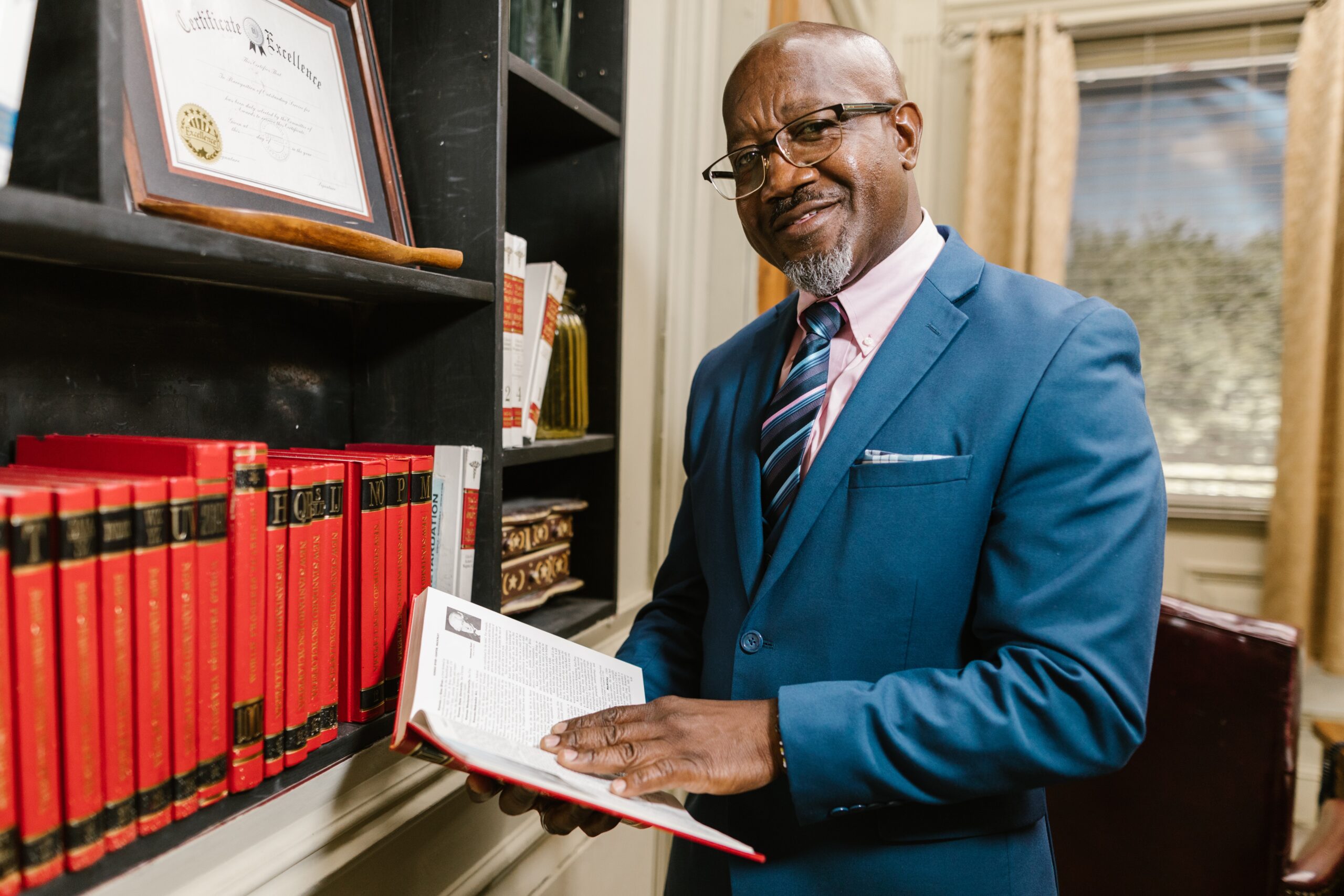Expert Advice from Brownstone Appellate Law Firm: Texas Appeals Lawyers at Your Service
Expert Advice from Brownstone Appellate Law Firm: Texas Appeals Lawyers at Your Service
Blog Article
Optimizing Your Appeal: Exactly How Specialist Support Can Enhance Your Appellate Method
In the world of appellate advocacy, the value of using expert help to fortify one's appellate technique can not be overstated. By employing the know-how of specialists skilled in the nuances of appellate practice, individuals and organizations can open a riches of benefits that prolong much beyond traditional lawful representation.
The Value of Appellate Expertise
When navigating the complex world of appellate law, having specific expertise in appellate treatments and strategies is vital for accomplishing favorable outcomes. Appellate expertise incorporates a deep understanding of the subtleties of appellate practice, which differs considerably from trial advocacy. Appellate attorneys must have an eager eye for lawful research study, influential writing, and oral campaigning for abilities tailored to the appellate court's certain requirements.
An appellate expert brings a distinct ability to the table, honed with years of experience handling charms and remaining abreast of progressing lawful precedents. This know-how allows them to craft compelling lawful debates, identify crucial concerns that resonate with appellate courts, and anticipate and respond to rival counsel's disagreements properly.
Moreover, appellate specialists are well-versed in the complex procedural policies controling appeals, making sure that all submitting deadlines, formatting requirements, and jurisdictional problems are thoroughly abided by. By leveraging their specialized knowledge, appellate attorneys can navigate the appellate process with precision and finesse, optimizing their customers' opportunities of success on allure.
Strategic Evaluation and Instance Evaluation
Building upon the structure of appellate experience, calculated analysis, and case assessment play pivotal duties in developing a durable appellate approach. It needs a deep understanding of the lawful landscape, procedural regulations, and prospective arguments that can persuade the appellate court.
Instance evaluation is similarly crucial, concentrating on evaluating the accurate and lawful facets of the case to determine its viability on charm. This procedure includes looking at high court records, evidence, and judgments to identify errors or issues that can develop the basis of a successful appeal. A thorough instance evaluation allows attorneys to craft persuasive debates that deal with the core issues and persuade the appellate court to rule in their client's support.
In combination, calculated analysis and instance evaluation develop the foundation of an effective appellate technique, directing lawyers in browsing complex legal terrain and optimizing their possibilities of success on charm.
Crafting Engaging Lawful Arguments
Crafting compelling lawful debates is a vital ability that differentiates adept appellate practitioners in offering persuasive cases before the court. Efficient lawful argumentation needs a deep understanding of the law, vital evaluation of the realities, and the capacity to connect complicated concepts in a persuasive and clear manner. When crafting legal disagreements, appellate specialists additional reading have to thoroughly consider the relevant legal principles, precedents, and plan implications to construct a strong and coherent narrative that sustains their client's position.

Browsing Procedural Intricacies
To successfully navigate procedural intricacies in appellate method, specialists have to have an extensive understanding of the relevant rules of treatment and court procedures. Appellate procedures differ amongst jurisdictions, necessitating an eager understanding of specific needs regulating issues such as administrative deadlines, submitting procedures, and formatting standards. Failure to follow these procedural rules can lead to costly hold-ups, sanctions, or perhaps dismissal of the appeal.
One key facet of navigating step-by-step complexities is identifying the relevance of preserving issues for charm at the trial court degree. This entails making prompt objections, activities, and offers of evidence to ensure that appellate courts have a proper document to evaluate (Brownstone Law). Additionally, practitioners must understand the art of preparing clear and succinct appellate briefs that follow formatting demands and successfully existing legal debates
Furthermore, comprehending the details of oral argument procedures, including time limitations and the etiquette expected in appellate courts, is important for an effective allure. By staying in harmony with these procedural ins and outs, experts can enhance their opportunities of attaining a favorable outcome for their customers on allure.

Leveraging Specialized Legal Knowledge
Specialized lawful knowledge plays an essential duty in tactically advancing appellate disagreements and taking full advantage of the possibilities of success in complicated legal proceedings. Appellate cases usually entail intricate legal concerns that require a deep understanding of specific locations of law.
Specialized legal knowledge allows professionals to recognize crucial criteria, laws, and legal doctrines that are essential to the situation at hand. This in-depth understanding enables them to expect potential challenges, counterarguments, and opportunities for persuasive advocacy. Experts can supply useful viewpoints on exactly how the legislation has been analyzed and applied in similar situations, helping to shape a much more effective appellate approach.

Conclusion
In conclusion, professional aid can greatly enhance your appellate strategy by providing experience in browsing procedural complexities, crafting compelling lawful official statement debates, and leveraging specific lawful knowledge. By making use of the abilities and experience of appellate specialists, people can maximize their chances of success in the appellate procedure. Critical analysis and case examination are essential parts of establishing a strong appellate strategy that can aid to enhance the allure of your situation.
In the realm of appellate campaigning for, the relevance of utilizing expert assistance to strengthen one's appellate technique can not be overstated.When browsing the complex realm of appellate regulation, having specialized experience in appellate treatments and techniques is paramount for attaining beneficial results. Appellate proficiency encompasses a deep understanding of the subtleties of appellate technique, which differs dramatically from trial campaigning for. Appellate attorneys have to have a keen eye for legal study, convincing writing, and dental advocacy abilities tailored to the appellate court's certain needs.
Building upon the structure of appellate competence, strategic analysis, and instance evaluation play pivotal functions in creating a robust appellate approach. (Brownstone Law)
Report this page